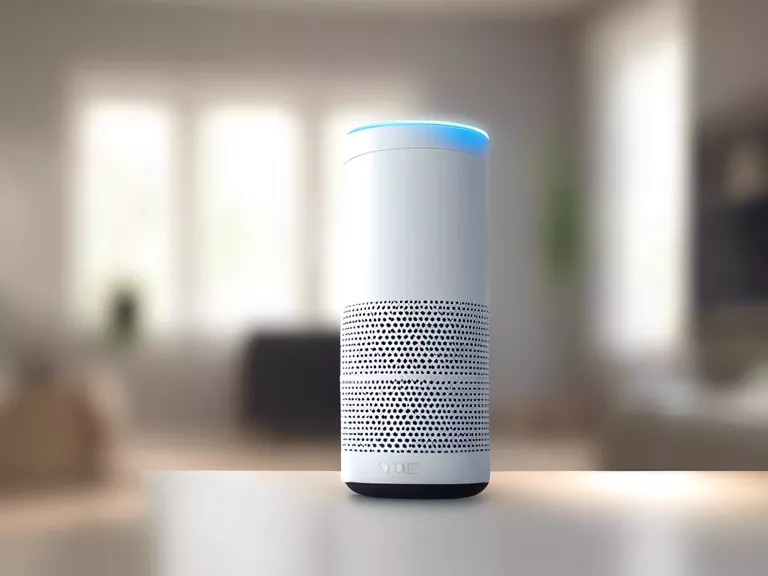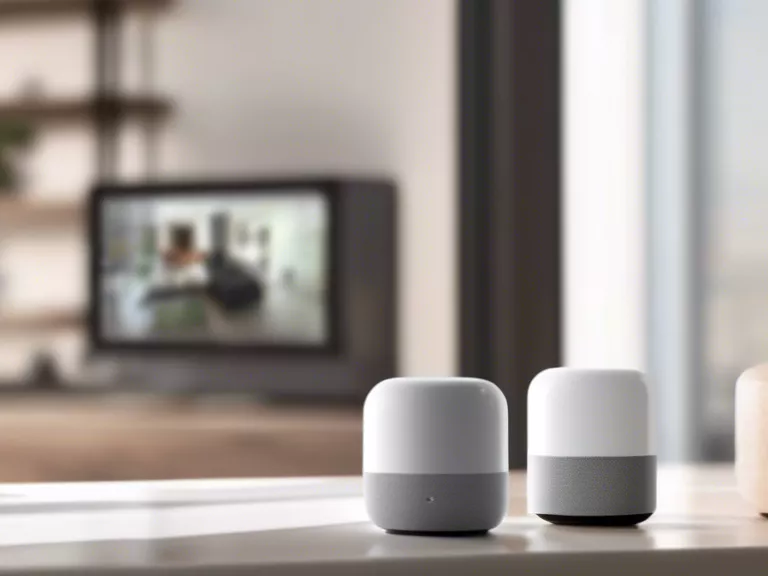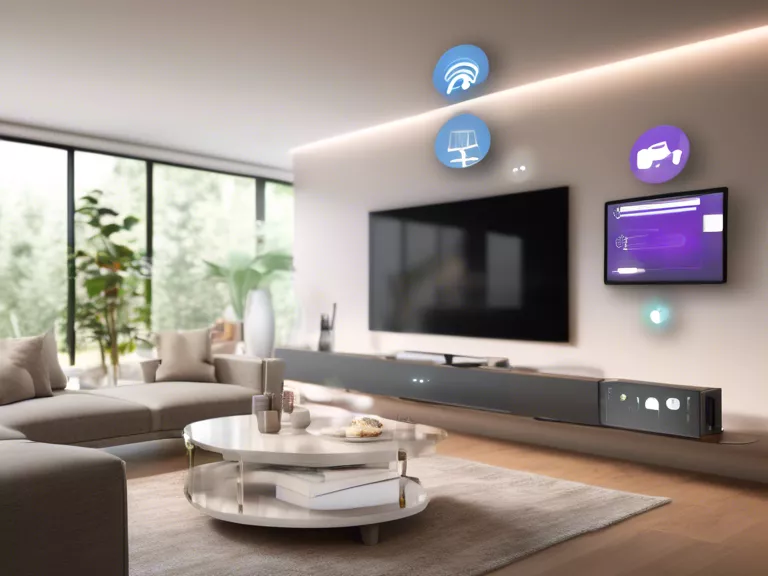
Voice assistants like Amazon's Alexa and Google Assistant are revolutionizing the way people interact with their smart home technology. These voice-activated devices offer hands-free control over various aspects of the home, making them invaluable tools for individuals with disabilities or limited mobility.
One way voice assistants are enhancing accessibility for smart home technology is by allowing users to control devices with simple voice commands. Instead of having to physically reach for a light switch or thermostat, individuals can simply ask their voice assistant to adjust the settings for them. This can be particularly helpful for those with mobility issues, arthritis, or other physical impairments.
Voice assistants also provide an alternative interface for individuals who may have difficulty operating traditional smart home devices. For example, someone with a visual impairment may struggle to use a touch screen interface on a smart thermostat or security camera. Voice assistants offer a more intuitive and accessible way for these individuals to interact with their devices.
Moreover, voice assistants can help individuals with cognitive disabilities by providing easy-to-understand prompts and reminders. For someone with memory loss or executive functioning difficulties, having a voice assistant remind them to take medication or lock the door can be incredibly beneficial.
In addition, voice assistants can integrate with other assistive technologies to further enhance accessibility. For example, individuals may use voice commands to control their smart home devices through a speech-generating device or braille display. This level of integration can streamline the user experience for individuals with diverse accessibility needs.
Overall, voice assistants are playing a crucial role in making smart home technology more inclusive and accessible for all individuals. By providing hands-free control, alternative interfaces, cognitive support, and seamless integration with other assistive technologies, voice assistants are empowering individuals with disabilities to live more independently in their homes.



